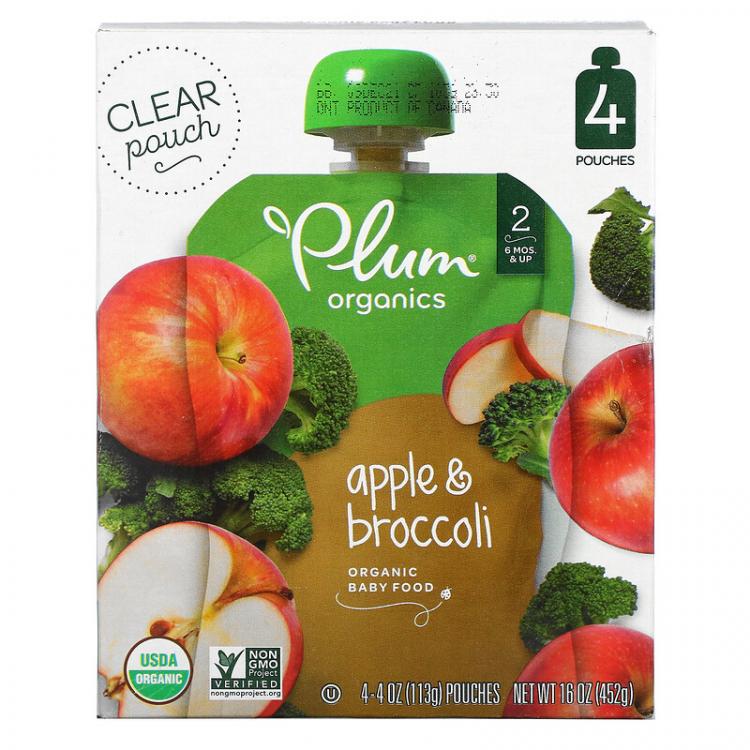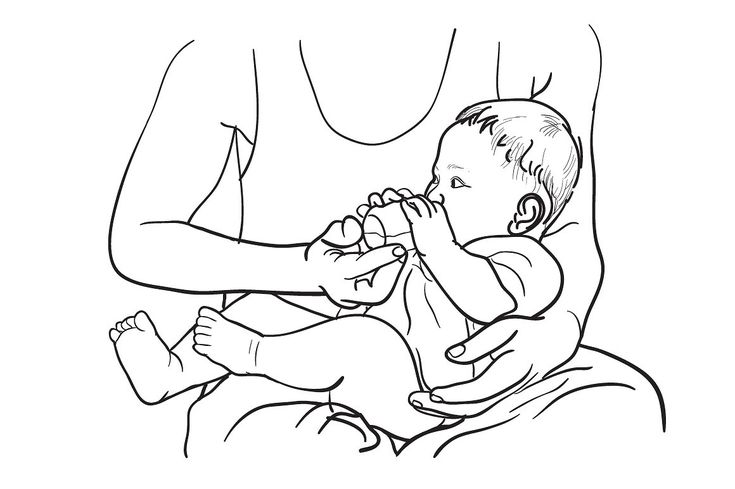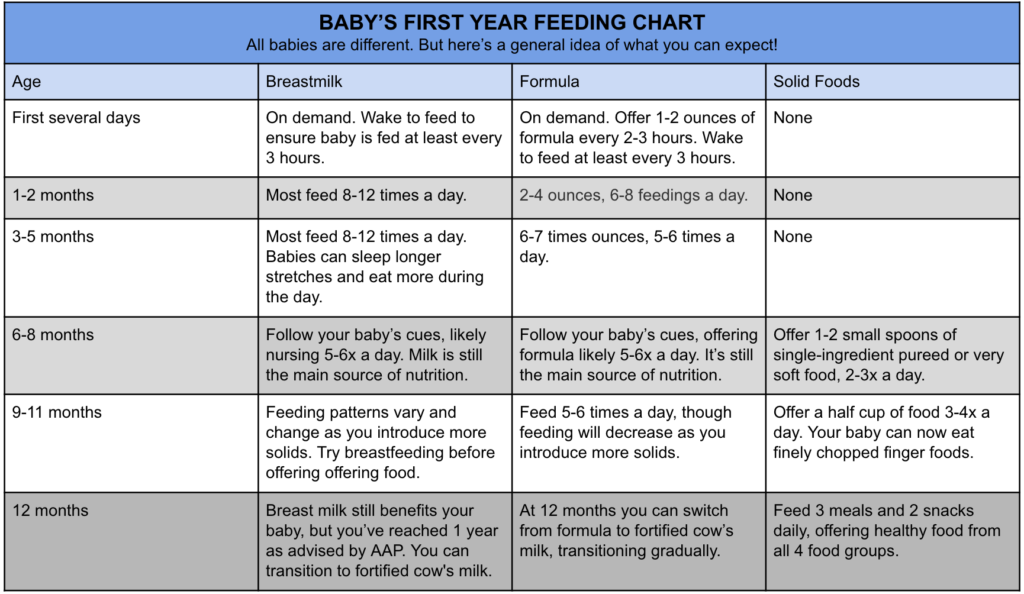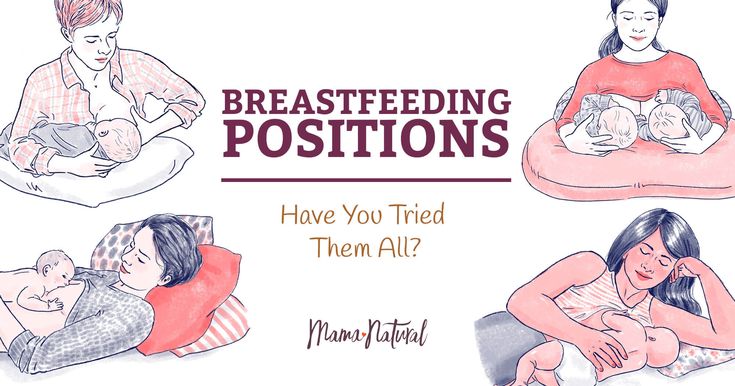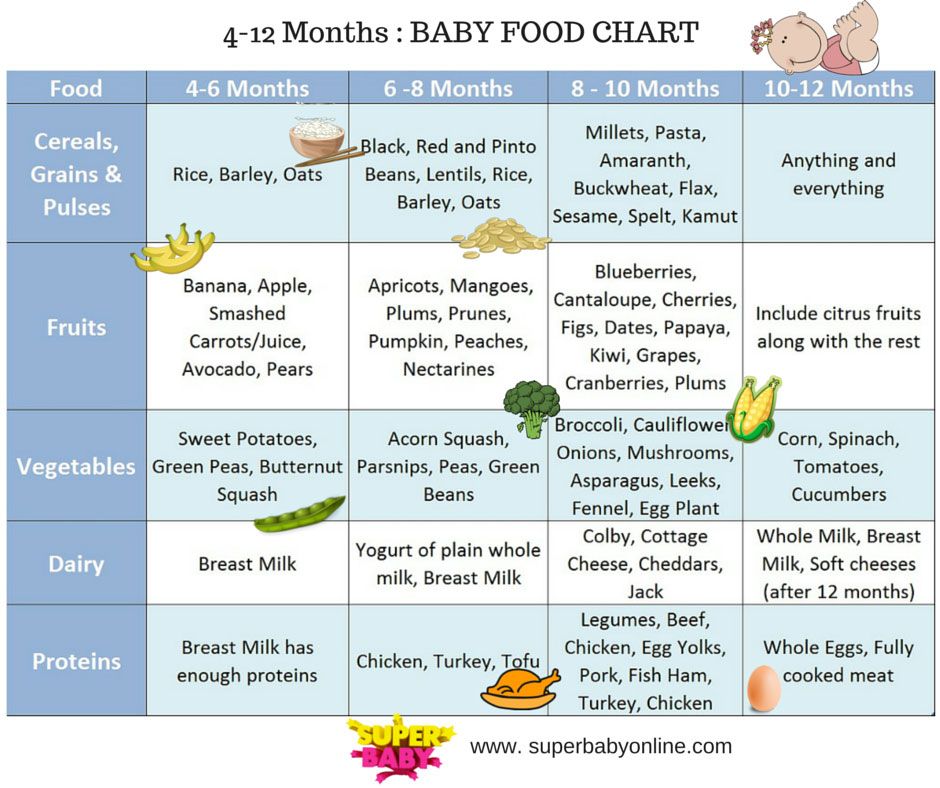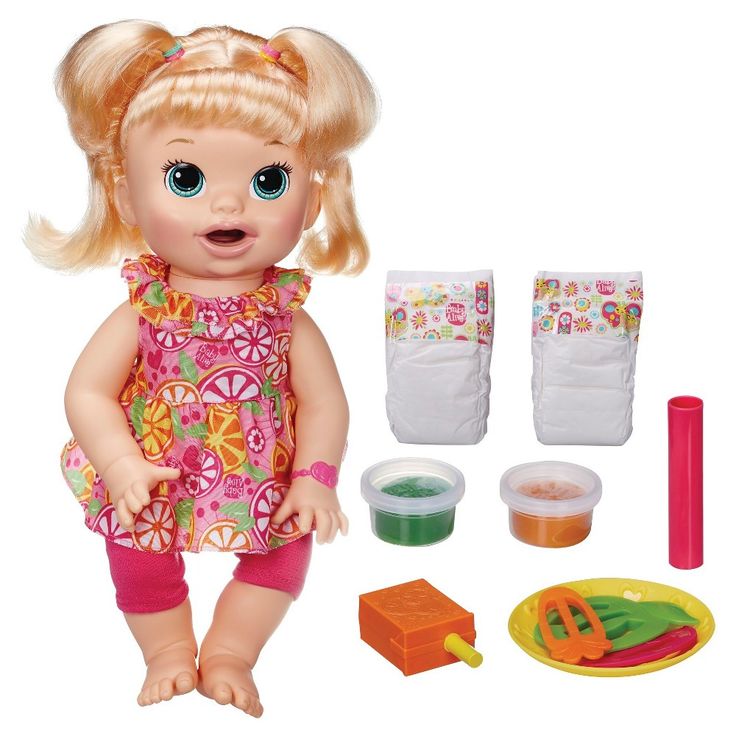When will baby stop feeding at night
How and when to wean your baby off of night feedings
Wondering when to wean your baby off the bottle or breast at night? Most babies can make it through the night without eating when they're 6 months old. You may be able to start night weaning your baby when they're 4 months old, or you may choose to wait until later. The key is to ensure your baby is getting plenty to eat during the day and right before bedtime. You can then gradually cut back on the amount of breast milk or formula and the number of times you feed your baby at night.
Can you hardly wait for your baby to sleep through the night? Fortunately, that milestone may be closer than you think. Many babies are able to sleep for at least six hours at a stretch when they're 3 months old, or weigh 12 to 13 pounds. However, some babies take longer: Roughly one quarter aren't sleeping six hours overnight by the time they hit their first birthday.
Babies wake during the night for many reasons, but notably because they're hungry. In the early months, babies need to eat every few hours, including through the night. Gradually, however, babies need to eat less and less at night – until by 6 months of age (possibly sooner or later), your baby may quit nighttime feedings and go up to 12 hours without waking to eat.
Sometimes babies self-wean from night feedings with no help from you – they'll just sleep through the night suddenly and never look back. But sometimes you have to nudge them, especially if they're down to one nighttime feeding they just aren't dropping.
Night weaning your baby means ensuring they get enough to eat during the day so they don't need to wake at night to eat. Here's how to get started.
When will my baby be ready for night weaning?
This varies, but somewhere between the ages of 4 and 6 months, most babies get enough calories during the day to sustain them for five or six hours at night.
It's not unusual for younger babies to sleep for much longer stretches without needing to eat – or for older ones to continue waking up to eat. Even if your baby doesn't need to eat in the middle of the night, they may still wake up wanting to. Babies who are used to eating several times a night tend to wake up out of habit, and it can take time to change this routine.
Even if your baby doesn't need to eat in the middle of the night, they may still wake up wanting to. Babies who are used to eating several times a night tend to wake up out of habit, and it can take time to change this routine.
If you've recently gone back to work and are less available during the day, your baby may want to nurse or take a bottle at night as a way of reconnecting with you. And you may notice that your baby wakes up more often when they're teething, if they catch a cold, or when they're mastering a developmental milestone.
For all these reasons, it's helpful to approach the weaning process gradually and gently. Keep in mind that your baby is still young and has a tremendous need for comfort, closeness, and reassurance – particularly from you.
Should I start night weaning my baby?
Many experts recommend night weaning around the time babies are 6 months old, because at that point most babies don't physically need to eat at night. At this age, most babies wake to eat out of habit. And if you do wait to night wean your baby when they're older, know that it can be more challenging to wean a toddler off of night feedings. But the timeline isn't set in stone: You can start trying to get your baby to sleep longer stretches between feedings as early as 4 months of age, or much later than 6 months old.
At this age, most babies wake to eat out of habit. And if you do wait to night wean your baby when they're older, know that it can be more challenging to wean a toddler off of night feedings. But the timeline isn't set in stone: You can start trying to get your baby to sleep longer stretches between feedings as early as 4 months of age, or much later than 6 months old.
Advertisement | page continues below
Ultimately, it's your choice whether to night wean or not. It's hard to maintain your own health and well-being if you're chronically sleep deprived. The decision to end your baby's night feedings depends in part on how they're affecting you.
If you enjoy nursing or giving a bottle to your baby at night, you can continue until your baby eventually quits on their own. On the other hand, if you find yourself feeling grumpy and exhausted, it may be time.
Keep in mind that your baby's sleep and nutritional needs may vary if they aren't gaining weight as expected or if they were born prematurely.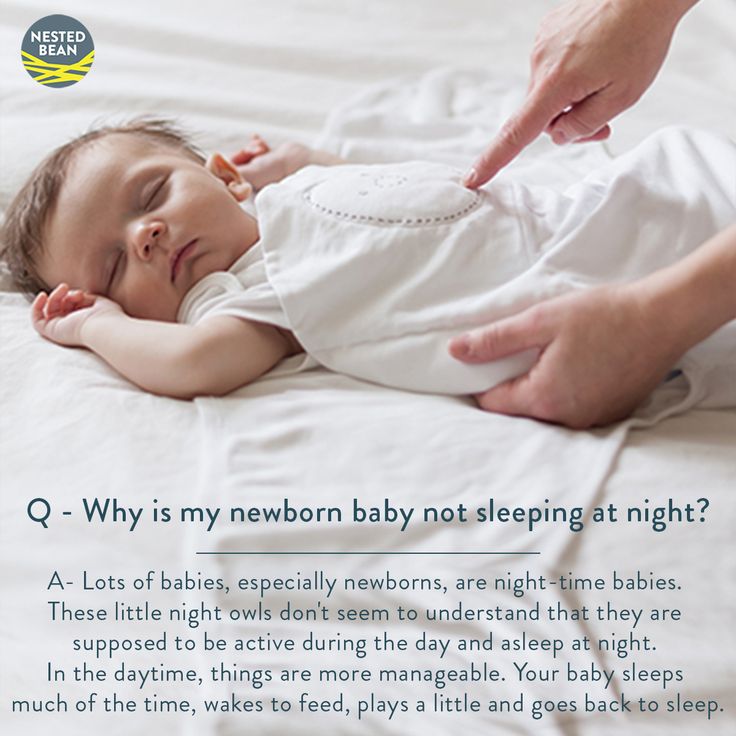 If you're not sure whether your baby's ready for night weaning, talk to your child's doctor. The doctor can help you sort through any issues and help you make your decision based on how your baby's growing.
If you're not sure whether your baby's ready for night weaning, talk to your child's doctor. The doctor can help you sort through any issues and help you make your decision based on how your baby's growing.
How to wean your baby off of night feedings
Once your baby is ready to give up night feedings, try the following techniques:
- Make sure your baby gets plenty to eat throughout the day. As your baby grows and becomes more active, they may not want to stop to nurse or take a bottle during the day, and they may try to make up for it at night. To make sure they get enough to eat, take scheduled breaks during the day for a quiet bottle or nursing session in a place with no distractions. (If you're not sure that your child is eating enough, check their growth by having them weighed at the doctor's office.)
- Start the night weaning process slowly and gradually. Nurse your baby for a shorter period of time on each breast or give them a smaller amount of breast milk or formula in their bottle when they wake at night.
 Try to prolong the intervals between feedings by patting and comforting your baby back to sleep.
Try to prolong the intervals between feedings by patting and comforting your baby back to sleep. - Offer extra feedings in the evening. If your baby goes to bed with a full tummy, they're less likely to wake up hungry in the middle of the night.
- Give a "dream feed." After your baby's already asleep – say at 11 p.m. or so – you may want to wake your baby for a final feeding before you go to bed yourself.
- Avoid night weaning during times of transition. For example, wait if you're just about to return to work or take a family vacation. If you've recently become less available during the day, make sure to give your baby extra cuddle time when you're together, so they'll feel more connected and be less likely to seek comfort in the middle of the night.
- Gradually eliminate feedings, one at a time. Gently soothe and comfort your baby when they wake up, and explain that it's time to sleep, not eat.
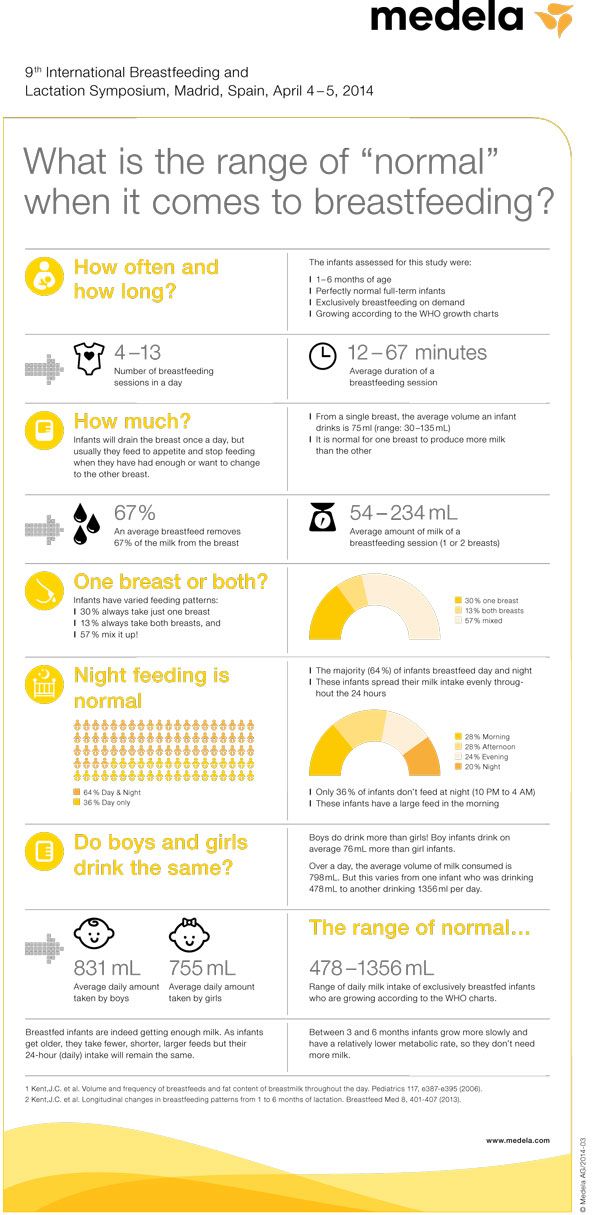
- Keep any feedings you do at night short and sweet. That way your baby won't wake to eat just because they've come to expect late-night cuddles.
- Consider sleep training. If your baby seems to eat plenty during the day but still wakes at night, it may not be because they're hungry but because they're used to it. At this point, you may want to consider baby sleep training to help your little one learn to self-soothe back to sleep.
For more help night weaning your baby from a pediatric sleep physician, check out our course, Baby Sleep 101.
Night weaning if you're breastfeeding
Suddenly stopping the frequency of your nighttime nursing sessions can lead to painful engorgement and increased likelihood of developing an infection known as mastitis. That's one more reason it's good to start slow and drop one feeding at a time, so your breasts can get used to your new routine more easily. In the meantime, you may find that you initially need to wake up and pump breast milk during the night to relieve engorgement.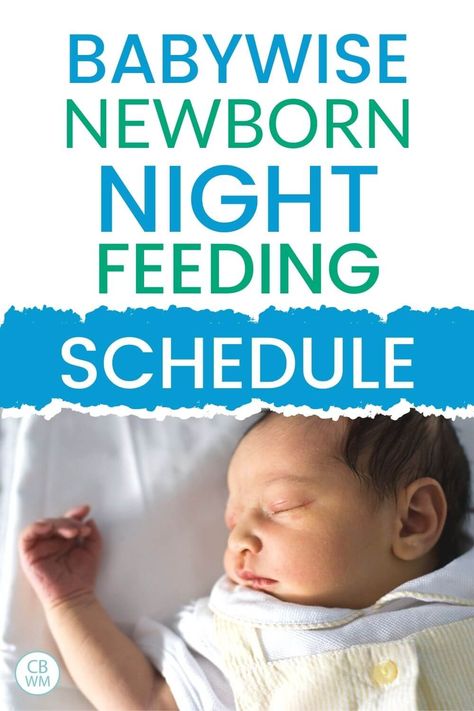
A key to night weaning your baby is making sure they're getting enough to eat during the day. You may find that you need to pump after one or more feedings during the day, then save the additional milk for an extra feeding in the evening. This can help boost your milk supply as well as ensure that your baby fills up before bedtime. As always, you'll know your baby is getting enough to eat if they're gaining weight as expected and having at least six wet diapers during the day.
Once your baby is around 6 months old, they'll start solids. Breast milk will still be your baby's main source of nutrition, although you may find that they need to breastfeed less as they gradually eat more solid foods.
Night weaning if you're formula feeding
If you're bottle-feeding and ready to night wean your baby, make sure they get enough to eat during the day. By 6 months of age, formula-fed babies need to eat between 6 to 8 ounces (or 180 to 240 mL) per bottle, four to five times every 24 hours.
Once your baby starts solids, formula will still be their main source of nutrition. But with time, solid foods will cover more of your baby's nutritional needs – and you'll eventually start giving your baby fewer bottles with slightly more formula in each. The bedtime bottle is usually the last to go, and even once you wean your child off it, you may want to give them a bedtime snack or a cup of milk to help them make it through the night without getting hungry.
Learn more:
- Baby sleep 101 virtual course
How to Night Wean Baby
“Don’t worry, honey. It will get easier.” It’s something new moms hear all the time from well-meaning relatives. We can’t say it’s true for all things baby, but when it comes to finally getting more sleep, you can bet that there’s light at the end of the proverbial tunnel. That’s because at some point, baby’s cries will be less likely to jolt you awake just as you’re settling into a dream. She’ll sleep for hours—yes, that’s hours with an “s”!—on end, and you’ll be able to, once again, indulge in six, seven, maybe even eight hours of sleep, and feel human again.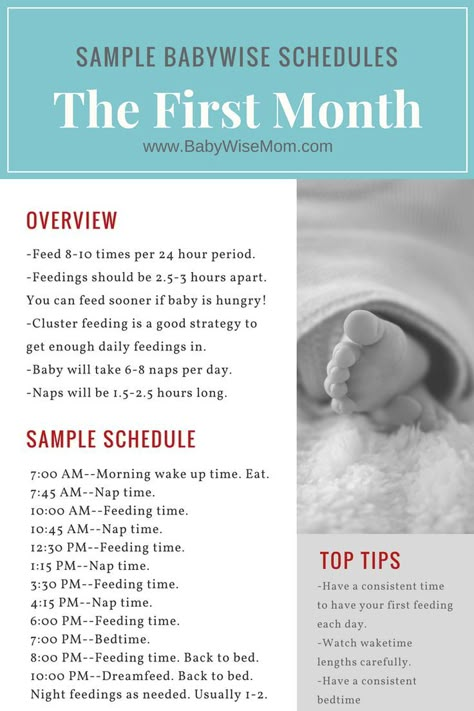
This is how night weaning happens in the best of scenarios: Baby no longer wakes up, because she’s no longer hungry, and you follow her lead. But, of course, it’s not always this easy. Baby may need more time than you have patience for, or she may be a little tricky, crying for your bosom, not for food but comfort. For whatever reason, you may have to urge baby along the night weaning process. And, of course, as with most changes in routine, the transition process can be fraught with doubt: Is she ready? Is she hungry? Is she getting enough to eat? But don’t worry. We’ve got the expert advice you need on night weaning so that both you and baby can feel good about it in the morning.
In this article:
When do babies stop eating at night?
Signs baby is ready for night weaning
How to night wean
Night weaning tips
When Do Babies Stop Eating at Night?
The short answer is at 4 months. Younger babies, whether breast- or bottle-fed, need to interrupt their (and your) sleep because they’re hungry; they need the additional calories. But “by 4 months, most can sleep through the night,” says T.J. Gold, MD, a pediatrician at Tribeca Pediatrics in Brooklyn, New York. This is when their liver has completely matured and makes glucose overnight, which keeps them from feeling hungry. They’re also able to eat enough during the day to keep up with their calorie needs. Explains Russell Horton, DO, a pediatrician at Banner Health Center in Queen Creek, Arizona: By now, babies can take in 28 to 32 ounces of formula or breast milk a day. As a result, they can also sleep at least five hours at a stretch and, by age one (when they’re already eating real food), for around 10.
But “by 4 months, most can sleep through the night,” says T.J. Gold, MD, a pediatrician at Tribeca Pediatrics in Brooklyn, New York. This is when their liver has completely matured and makes glucose overnight, which keeps them from feeling hungry. They’re also able to eat enough during the day to keep up with their calorie needs. Explains Russell Horton, DO, a pediatrician at Banner Health Center in Queen Creek, Arizona: By now, babies can take in 28 to 32 ounces of formula or breast milk a day. As a result, they can also sleep at least five hours at a stretch and, by age one (when they’re already eating real food), for around 10.
3 Signs That Baby Is Ready for Night Weaning
If your friend’s baby stopped night feeding at exactly 3 months, that doesn’t necessarily mean your baby will do the same. All babies are different; yours might need a few more weeks and that’s totally fine. When babies are ready for night weaning, they will show some of the same signals. Here’s what you should look out for:
• She sucks a little then falls asleep. This suggests she’s not actually eating for the nutrition but for your warm, snuggly bosom. Yes, you like that cuddly feeling too, but remember, you also like (and need) sleep—are we right? If so, then both of you are ready to learn how to night wean.
This suggests she’s not actually eating for the nutrition but for your warm, snuggly bosom. Yes, you like that cuddly feeling too, but remember, you also like (and need) sleep—are we right? If so, then both of you are ready to learn how to night wean.
• She eats solid foods during the day. These foods offer more sustenance than milk alone—which means you shouldn’t have to worry about whether she’s getting enough calories. It’s time to consider night weaning.
• She sleeps for longer stretches or even through the night. Her belly feels satiated, so you probably don’t need to wake her up to get in the extra calories. Proceed to start night weaning!
How To Night Wean In 4 Steps
Some strategies for how to night wean are similar to how to stop breastfeeding in general: In both cases, it helps to have a plan. And, in general, gentle weaning is the best approach. Says Horton: Suddenly changing a child’s behavior can be stressful, and it can be a trying time as it is. For a smooth transition, try the following:
For a smooth transition, try the following:
• Check in with your pediatrician before you start night weaning. If your baby is showing the signs explained above, then chances are she’s ready. But it’s always nice to be reassured by her doctor that she’s ready for night weaning from a nutritional standpoint.
• Shorten your night feedings by a few minutes each night. “Continue to do so until baby isn’t waking for feedings anymore,” Horton says. This can typically take anywhere from one to two weeks.
• Offer breast feedings more frequently during the afternoon and early evening. Try feeding every two to three hours between 1 p.m. and 7 p.m. This should help baby feel full by the time she’s ready for bed.
• Feed baby more nutrient-rich foods during the day. This makes up for the calories she otherwise would have consumed during the night. As Betty, a mother of three, can attest, “After my oldest started eating baby food, she stopped needing the night feedings. ” If your child weighs 13 or more pounds, she may be ready for more substantial foods such as rice cereal and other grains made for babies. (This typically occurs at about 4 months old—which happens to be around the time most babies can sleep through the night.) Once baby has mastered cereals, she can move on to fruits, vegetables and even pureed proteins.
” If your child weighs 13 or more pounds, she may be ready for more substantial foods such as rice cereal and other grains made for babies. (This typically occurs at about 4 months old—which happens to be around the time most babies can sleep through the night.) Once baby has mastered cereals, she can move on to fruits, vegetables and even pureed proteins.
Night Weaning Tips for Insistent Night Snackers
For babies who feed not for calories but for comfort (see sign No. 1, above), the key is to separate eating from falling asleep. “If your baby thinks she needs to eat or suckle to fall back asleep, she’ll demand that,” says Ari Brown, MD, FAAP, founder of 411 Pediatrics in Austin, Texas. In this case, night weaning cold turkey may actually be an effective strategy. To make it easier on you and baby:
• Empty your breast before bed. Your milk production should eventually begin to wind down in response to the new routine. As Lisa, a mother of four who is currently nursing 5-month-old twins says, “I’ve sort of trained my body.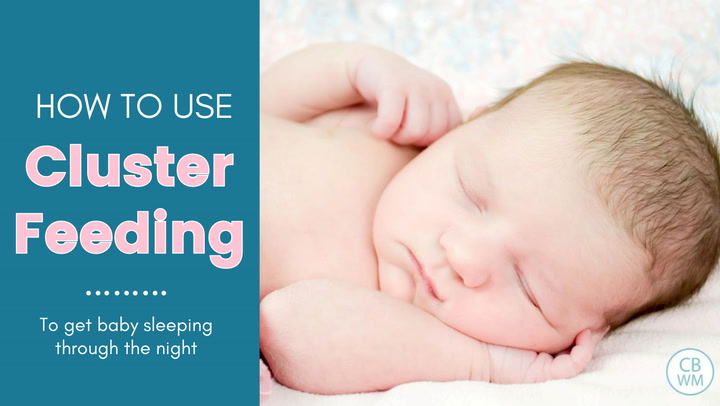 I pump once at midnight and then in the morning around 8 or 9.” Until your breast is down with the program, any overnight leakage could be pumped or squeezed out a little, but not completely. (Otherwise, your breast will continue to “think” it needs to make milk at night.)
I pump once at midnight and then in the morning around 8 or 9.” Until your breast is down with the program, any overnight leakage could be pumped or squeezed out a little, but not completely. (Otherwise, your breast will continue to “think” it needs to make milk at night.)
• Have your partner soothe baby. Now it’s your partner’s turn to do their share of the night weaning process! When baby learns that there’s no milk to be had, she’ll find new ways to soothe herself. For extra tips on sleep training, check out our article here.
Please note: The Bump and the materials and information it contains are not intended to, and do not constitute, medical or other health advice or diagnosis and should not be used as such. You should always consult with a qualified physician or health professional about your specific circumstances.
Should I feed my baby at night?
Restful sleep and nutrition
Each child has his own individual rhythm of sleep and nutrition, as well as individual need for them. Just in newborns in the first weeks of life, the ability to distinguish between day and night has not yet been developed. The child is simply not used to going without food for a long time. Indeed, in the womb, he could satisfy hunger at any time of the day or night. Therefore, at least in the first weeks, he will certainly wake you up at night for feeding.
Just in newborns in the first weeks of life, the ability to distinguish between day and night has not yet been developed. The child is simply not used to going without food for a long time. Indeed, in the womb, he could satisfy hunger at any time of the day or night. Therefore, at least in the first weeks, he will certainly wake you up at night for feeding.
If you are formula feeding your baby, unload yourself and take turns with your partner for nightly feedings. It is also possible if you express milk in the evening and store it in the refrigerator (from +4°C to +6°C, closed for no more than 2 days).
After three months, the baby can go without food for longer, so he has a longer nighttime sleep than daytime. Starting at about 6 months old, babies no longer need to feed at night, because at this age the rhythm of hunger and satiety in a healthy child stops at daytime.
Before going to bed - milk porridge
Milk dessert with biscuits
Milk porridge at night is more satisfying than milk food.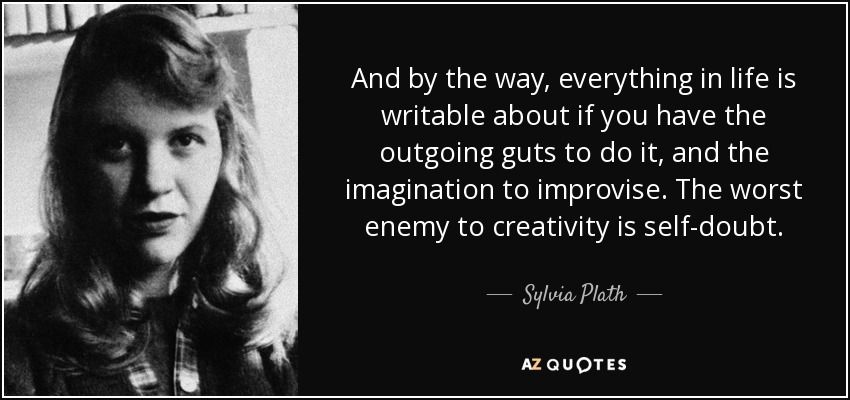 HiPP milk porridges are available both in instant form for easy dilution with water, and in ready-made form, for example, our Good Night milk desserts. You can give milk to your baby first from a bottle and later from a cup. It goes without saying that with the introduction of complementary foods, the child should get used to the spoon, and his diet should contain a sufficient amount of solid food.
HiPP milk porridges are available both in instant form for easy dilution with water, and in ready-made form, for example, our Good Night milk desserts. You can give milk to your baby first from a bottle and later from a cup. It goes without saying that with the introduction of complementary foods, the child should get used to the spoon, and his diet should contain a sufficient amount of solid food.
Weaning from night feeding
Night feeding can become a habit that your baby will only reluctantly say goodbye to. If your baby keeps waking up during the night, try offering unsweetened tea or boiled water, but don't feed him. Night feeding even interferes with uninterrupted sleep and can damage the first teeth of the child, since after a nightly meal, the child's teeth, as a rule, are no longer cleaned. Of course, it will take some time to wean your baby from night feedings, but in the end you will definitely reach the goal!
Learn more: Tips
Video: Weaning tips - OB tips Video: Baby massage Diet planFood and drinkDigestion for your babyOn holiday with your baby baby? Do I need to feed my baby at night? When will my baby start sleeping at night without waking up? Tips for improving your baby's sleep
Baby crying Motor and speech
Choice of complementary foods
No age restrictions from the first daysfrom 1st monthfrom 4 monthsfrom 5 monthsfrom 6 monthsfrom 7 monthsfrom 8 monthsfrom 9 monthsfrom 10 monthsfrom 12 months
puree from 4 months - Vegetable puree from 5 months - Vegetable puree from 6 months - Vegetable puree from 7 months - Vegetable puree from 8 months Fruit puree - from 4 months - from 5 months months - from 6 monthsMeat purees - Meat pureesMeat and vegetable menu - from 8 months - from 12 monthsFish and vegetable menu - from 9Soups - from 6 months - from 7 months - from 8 months - from 12 months - From 18 months "Good night" in jars - Cereal porridge with fruit in jarsDrinks - Health drinks - Granulated teas - Tea bags - JuicesCookies - Cookies
Up to what age to feed the baby at night and how to replace formula
Baby formula is only a forced measure to replace mother's milk in the absence of sufficient lactation or underweight in the baby. In all other respects, the infant formula feeding algorithm remains the same as with breastfeeding. The baby also needs nightly feedings about every 3-4 hours. This is due to scientifically proven facts. Babies up to a year old have an accelerated metabolism, food is digested faster, and naturally, they experience hunger at night. Also, any anxiety of the baby at night forces him to demand his mother's participation, and of course - food as a sedative. There is even a theory that children are genetically woken up to eat to avoid "Sudden Infant Death Syndrome" in their sleep.
In all other respects, the infant formula feeding algorithm remains the same as with breastfeeding. The baby also needs nightly feedings about every 3-4 hours. This is due to scientifically proven facts. Babies up to a year old have an accelerated metabolism, food is digested faster, and naturally, they experience hunger at night. Also, any anxiety of the baby at night forces him to demand his mother's participation, and of course - food as a sedative. There is even a theory that children are genetically woken up to eat to avoid "Sudden Infant Death Syndrome" in their sleep.
But also can't it continue indefinitely? The child grows, develops actively, from the age of 6 months receives a variety of complementary foods, and over time should form a normal daily routine. And for this you need to figure out: how to wean a child at night to eat the mixture in the most gentle ways.
Up to what age to give formula at night
Experts differ on this issue, but the average age when you can do without night feedings is nevertheless derived.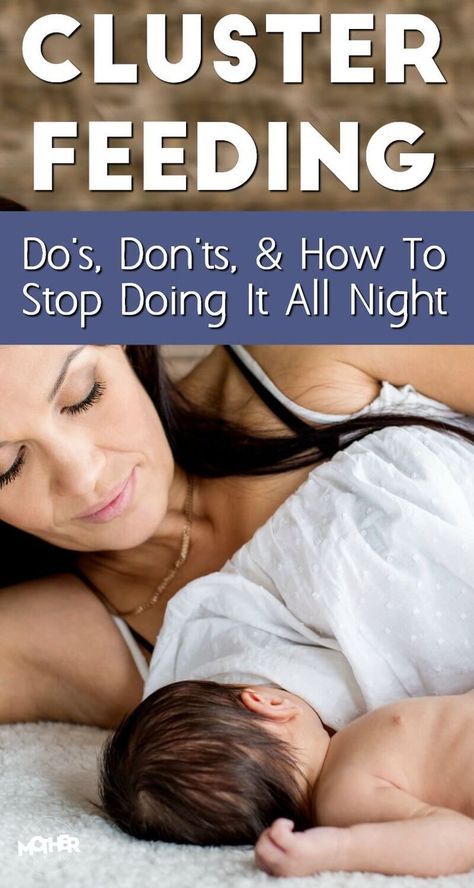 Infants with normal development can sleep peacefully at night without formula 10-12 hours from 9-12 months. Of course, if parents do not consider it necessary to restrict their child in nutrition, they can safely continue to feed their child at night and beyond. But they must be aware that, firstly, over time, these periods of eating become just a habit for the baby. And secondly, mothers should also think about their own well-being after sleepless nights. So, the approximate age of weaning a child from night feedings has been determined, it remains to find out how to replace the mixture for the night after a year for the first time of the transition to a new regimen.
Infants with normal development can sleep peacefully at night without formula 10-12 hours from 9-12 months. Of course, if parents do not consider it necessary to restrict their child in nutrition, they can safely continue to feed their child at night and beyond. But they must be aware that, firstly, over time, these periods of eating become just a habit for the baby. And secondly, mothers should also think about their own well-being after sleepless nights. So, the approximate age of weaning a child from night feedings has been determined, it remains to find out how to replace the mixture for the night after a year for the first time of the transition to a new regimen.
Night formula alternative
Formula feeding formula is extremely nutritious and delicious food for your baby. Therefore, the nightly replacement should be unequal, so that the baby subsequently feels that he does not need to wake up for such food. For these reasons, many mothers, thinking about how to replace the mixture for the night, use not the best products.

